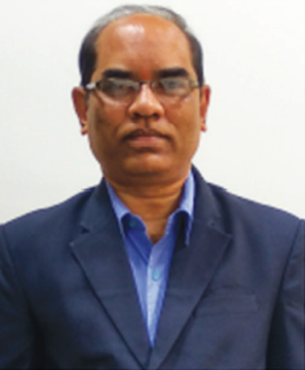Topic: Green Hydrogen-Production and Utilisation
Introduction: Fossil fuel-based power is
being used extensively worldwide to meet the energy demand in industrial,
transportation, and domestic sectors. The global average per capita fossil fuel
consumption in 2023 was about 17,430 kWh. The fossil fuel-based economy has
created a lot of wealth and improved human lifestyles in the name of
civilization and urbanization. However, it has also brought twin issues such as
availability and environmental pollution. The steps taken towards using
renewable sources by a few nations are encouraging, but on a global scale, they
are minimal.
To circumvent the problems of energy shortages, dependence on OPEC nations and
encouraging renewable sources will help delay the ill effects of global warming.
Hydrogen stands out among all known carbon-zero or carbon-neutral fuel or energy
sources. The conventional methods of hydrogen production through electrolysis or
steam reformation of methane should be emphasised through renewables, thereby
obtaining hydrogen through non-harmful sources and terming it as Green hydrogen,
which is the need of the hour. The production, storage, and utilization of
energy conversion devices in the safest modes, with the optimization of factors
in the supply chain, are essential.
Submission Link: http://confsys.iconf.org/submission/pree2026
Organizer: G. Amba Prasad Rao, National Institute of Technology Warangal, India

|
G. Amba
Prasad Rao is a full Professor of Mechanical
Engineering with a Higher Administrative Grade
at the National Institute of Technology,
Warangal, India. The institute was established
in 1959 and is the first among the 31 institutes
under the Institutes of Government of India. He
did a B.Tech in Mechanical Engineering from JNTU
College of Engineering in the year 1988. He
completed his MTech (Design and Production of IC
Engines and Gas Turbines) and PhD (Mechanical
Engineering) from NIT Warangal (formerly REC
Warangal) in the years 1992 and 2003,
respectively. He has about 35 years of teaching
and research experience. He joined NIT Warangal
as a Lecturer in the Department of Mechanical
Engineering in 1996. His research areas include
internal combustion engines, combustion, energy,
alternative fuels, emissions control, alternate
combustion systems for engines, alternate prime
movers for automotive vehicles, renewable
energy, and battery thermal management. He was
promoted to Assistant Professor and later as a
Professor in 2004 and 2011, respectively. Since
he joined as a Lecturer, he has been actively
involved in teaching and research activities.
|